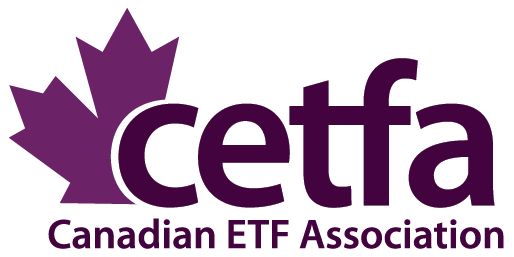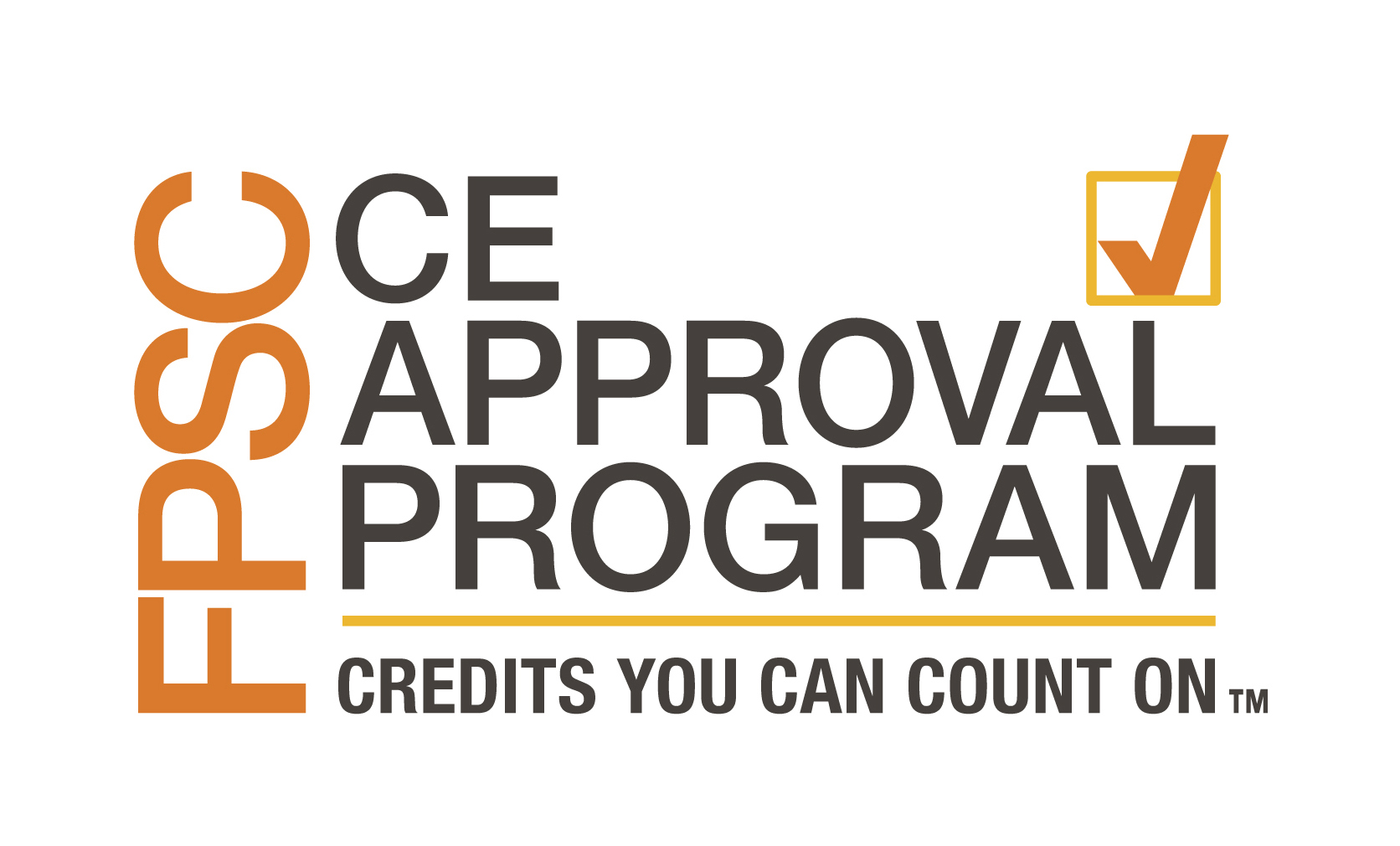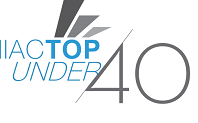Is Education Monopoly Undermining Financial Advice?
May 28, 2015 | Toronto | ian.clark@streettechnology.com
WHAT DOES BEER AND EDUCATION HAVE IN COMMON? Besides the affinity that university students have for the former, quite a bit as it turns out.
The Beer Store, a “for profit” operation once owned by the three Canadian beer giants Labatt, Molson and Sleeman, and now by their foreign successors (Belgian, US and Japanese respectively), has a monopoly to sell beer in Ontario. Similarly, the Canadian Securities Institute (CSI), despite its being sold to Moody’s Analytics of New York ten years ago, has a monopoly to sell education within the Canadian securities industry.
The owners of the Beer Store maintain that their monopolistic system has distribution efficiencies and economies of scale that keeps the price of beer down. IIROC claims similar advantages for the monopoly granted to Moody’s over the years. Both situations are uniquely Canadian.
Everyone knows that in the US, one can pick up beer from grocery store shelves and in gas stations, usually at a fraction of the cost of buying beer in Ontario, even after factoring in the currency difference.
Registrant education is the same. Greater choice is also available to advisors in the United States seeking to become General Securities Representatives (GSRs) with study courses for the Series 7 and Series 66 exams sold by numerous private companies. It is about four times more expensive to get the equivalent of the GSR licence here – the difference is CDN $3,915 compared to US $843 (see SUI’s paper on IIROC’s website for details).
Just like craft brewers complain that it’s unfair to be required to sell their products through their Beer Store competitors and pay them product listing fees for that privilege, Canadian financial education companies have to pay CECAP to have their courses accredited and yes, CECAP is owned by their competitor Moody’s. How is this fair? It effectively increases the cost to offer quality education to advisors and puts a higher roadblock to competition since presumably because Moody’s owns CECAP it isn’t financially impacted by this accreditation process, as well as conceivably having access to the competition’s material.
The securities industry looks to new education companies like the Smarten Up Institute to deliver courses that keep up with new financial products and regulatory realities but like those excellent craft brewers, education companies can only contribute a small share to a market in which monopolistic players are protected.
The Beer Store’s owners gave hundreds of thousands of dollars to politicians who also received contributions from unions seeking to protect their members from competition. Despite these powerful pressures, Ontario’s government initiated a review to examine options for the Beer Store under former TD bank CEO Ed Clark. IIROC’s exclusive contract with Moody’s is set to expire in early 2016 and IIROC also began a consultative process regarding its options for education. This is perhaps where the similarities end. While Ed Clark recommended ending the Beer Store’s stranglehold on beer sales and the Ontario government has since enacted legislation to that effect, IIROC remains strangely silent on the role Moody’s is to play within the Canadian securities industry.
Does it matter if IIROC grants Moody’s another exclusive deal? It is true that the CSI enjoyed a long history of providing education and that unlike the Beer Store, there has been no outcry from the public. Still the question remains, how well are investors served by a financial industry that relies so heavily on a single US vendor? The industry itself is uneasy about this with the majority of positions taken following IIROC’s request for comments last November, including that of the industry’s own advocacy association (see IIAC’s paper on the IIROC website), recommending the adoption of a competitive education model similar to that in the US, the UK and in other countries.
One has to ask whether Canada, caught in an environment of rapidly changing securities regulations, products and demographics is still well served by the current bureaucratic model where monopoly profits are granted to a single supplier in exchange for paper assurances on course pricing limits and service levels. Unlike those Beer Store customers, Canadian investors are completely unaware that their advisor’s professional education is handled this way. Most investors in the 21st century, if only they knew, would assert that a competitive market, even a regulated one, is a better guarantor of the knowledge critical for those who safeguard their assets.






Follow SUI